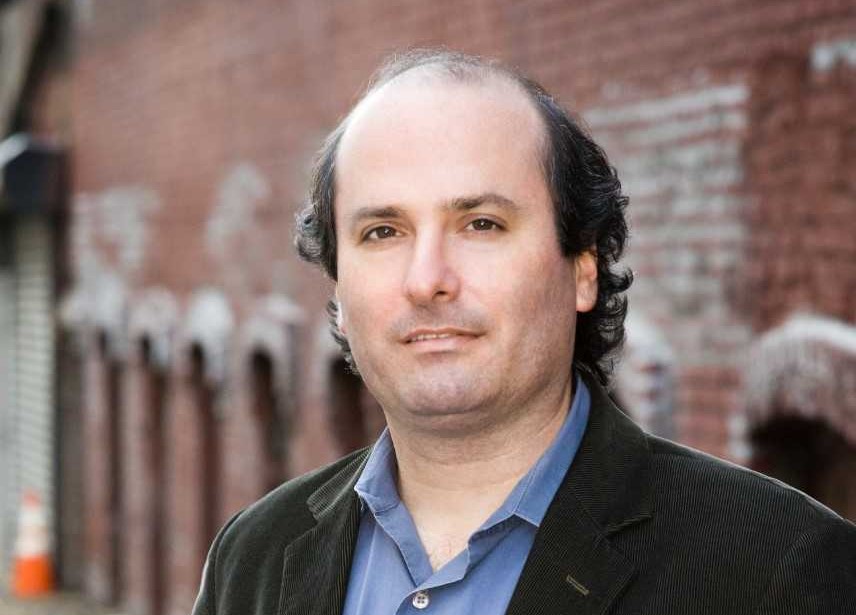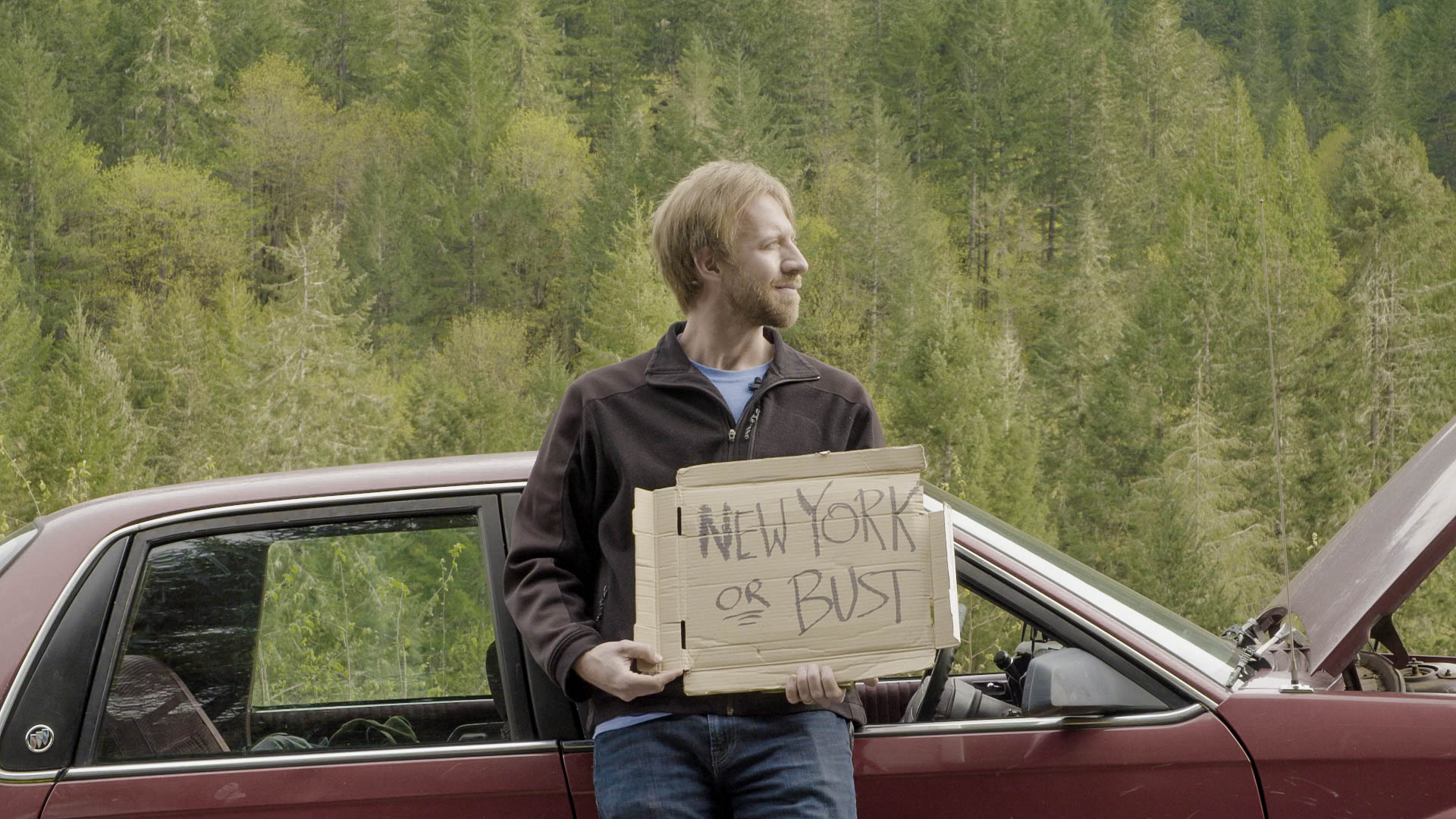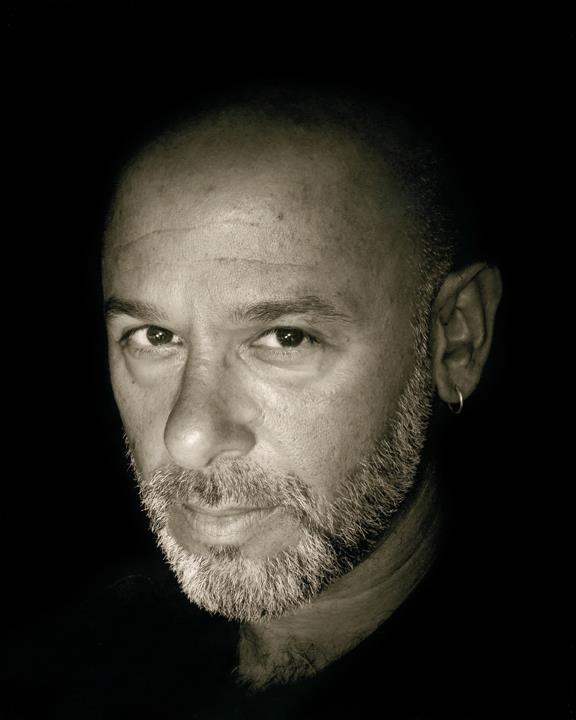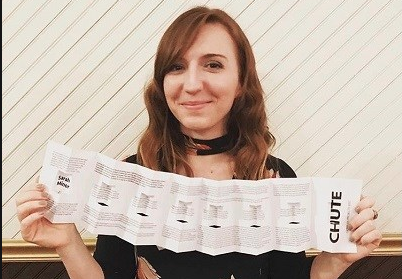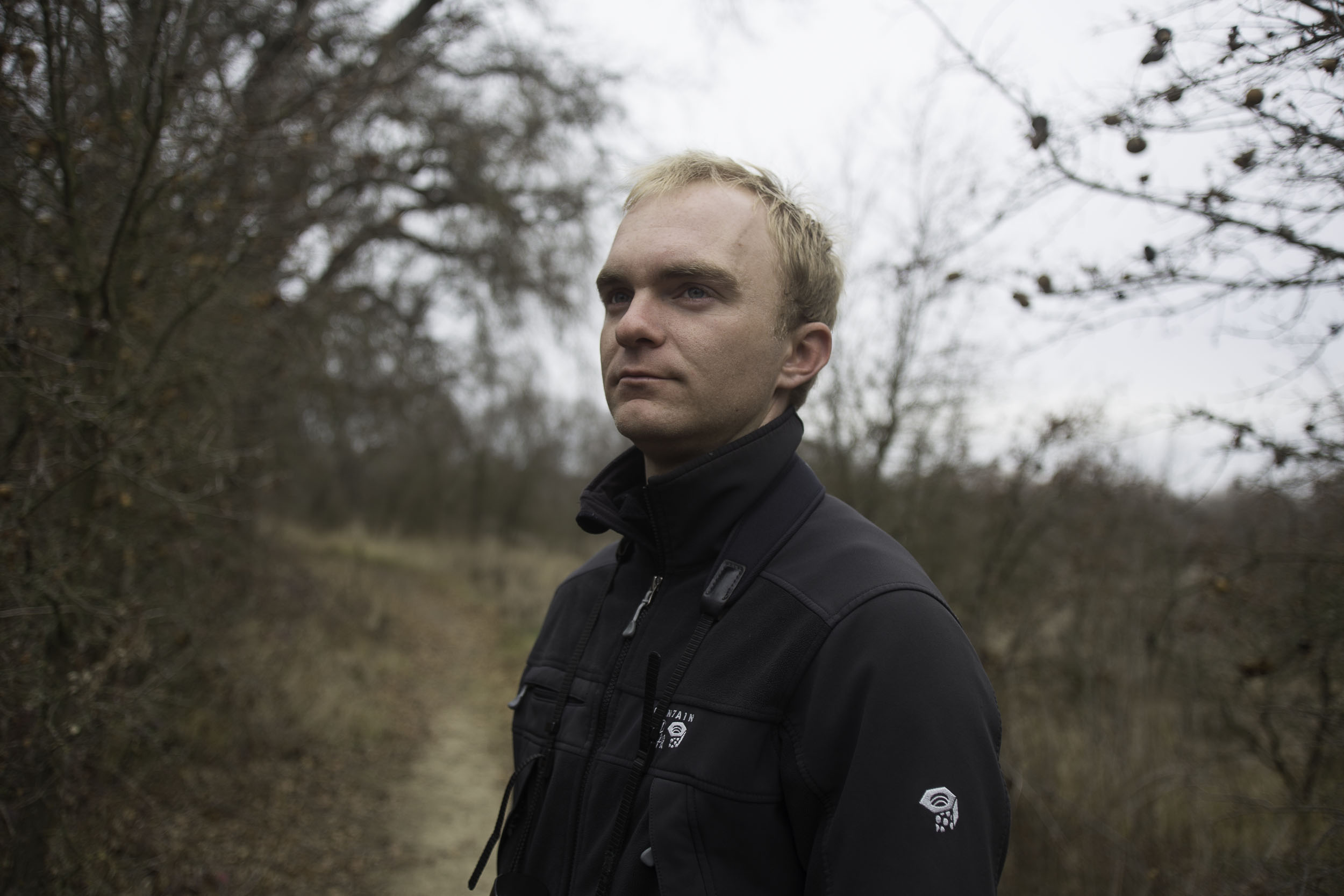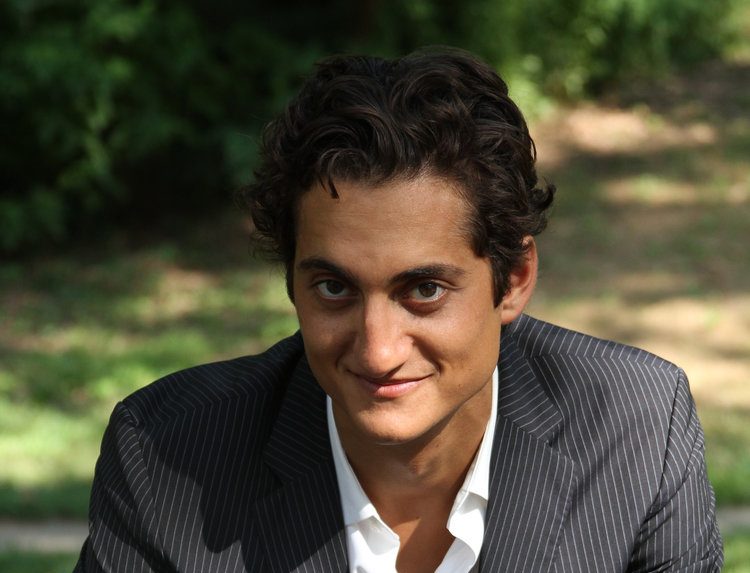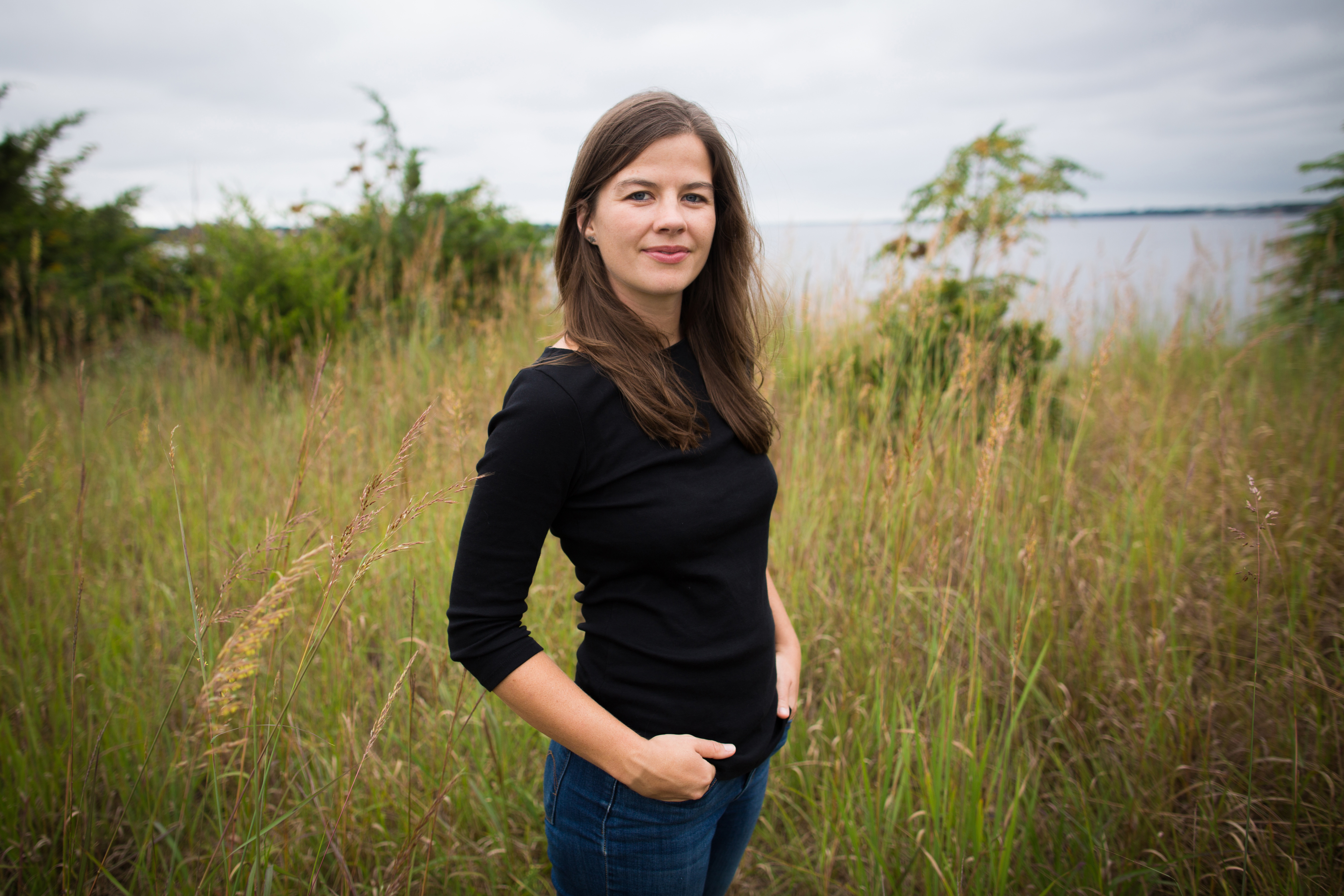
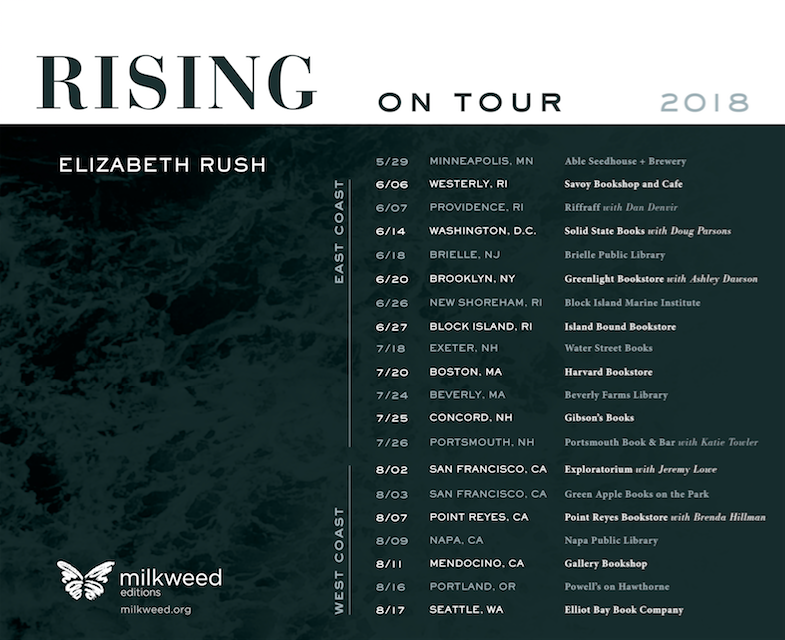
By Brendan O’Meara
Here we are again, welcome to The Creative Nonfiction Podcast, the show where I speak to the best artists about telling true stories. I’m Brendan O’Meara.
I gotta say right up top that there’s been some serious issues with my hosting, Podomatic for those in the know, with the RSS Feeds. Shows are coming up unavailable in Apple Podcasts and it disappeared from Google Play and Stitcher. They say they’re on it, but it’s been three days with no improvement.
You can still stream the episodes from the embedded player on my website, brendanomeara.com, but in the meantime, downloading through the most popular and widely used platform—Apple Podcasts—is impossible until Podomatic gets it fixed. You might say I’ve been shopping around for other options.
Episode 104 brings back Elizabeth Rush to the podcast. Her new book Rising: Dispataches from the New American Shore (Milkweed Editions) is out. She could be coming to a city near you so check the show notes for the Rising Tour. I think that’s what Bruce Springsteen called his tour when his Rising came out. In this episode we talk about:
- Rising sea levels
- How to turn bleak material into something beautiful
- How Elizabeth finds teaching energizing
- And sexual harassment while doing fieldwork, something she’s never been asked about and was happy to get to talk about.
So that’s where we’re at. Please bear with me on the RSS nonsense. If you follow the social feeds, that links you up to my website so go find @CNFPod and @BrendanOMeara on Twitter and @CNFPodcast on Facebook. Follow Elizabeth @ElizabethaRush on Twitter for all things Rising.
Here she is: Episode 104.
Promotional support is provided by Hippocampus Magazine. Its 2018 Remember in November Contest for Creative Nonfiction is open for submissions until July 15th! This annual contest has a grand prize of $1,000 and publication for all finalists. That’s awesome. Visit hippocampusmagazine.com for details. Hippocampus Magazine: Memorable Creative Nonfiction.
If you made it this far I suspect you might like the show and want to help it out. Would you mind leaving an honest review on Apple Podcasts? That helps with validation and visibility. Let’s try and get to 100. We’re 57 ratings away at the moment. If a small fraction of you take out your phones, click on the star you deem appropriate, hit submit, that’s all you gotta do and you will have helped out the show in a major way. That takes like 10 seconds, if you want to leave a review, I will still edit a piece of writing up to 2,000 words for your kindness and time. Just send me a screenshot of the review with the date and we’ll get started.
I also have a great monthly reading list newsletter where I send out four book recommendations and what you might have missed from the world of the podcast. I don’t get any kickbacks or anything, so it’s just things I dig and endorse for your pleasure. First of the month. No Spam. Can’t beat that.
That’s it CNFers. See right back here next week.
